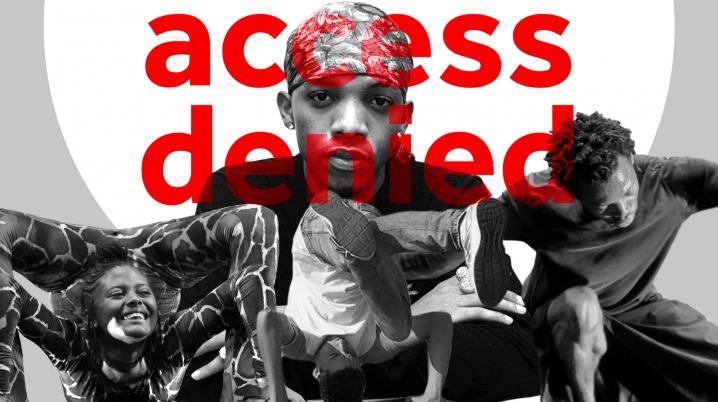
Issuing visas and issues with visas
By Michiel van der Padt
International travel is bread and butter to many artists, makers and creatives around the world. Packing their bags upon invitation of a wide variety of cultural institutions, they very often travel to countries in the Schengen zone such as the Netherlands. One of the many services provided by DutchCulture’s Mobility Infopoint is supporting individual artists and cultural institutions in the often complex procedures of obtaining a visa for this region.
Impact
Many foreign artists or ensembles and their Dutch peers seem to struggle in this process. Illustrative of the dire consequences that some may face is the story of three young Moroccan dancers who were invited by Parktheater Eindhoven to participate in a dance battle. Even though their visas and their travel documents were all arranged and accounted for, they were - among other things - not deemed to have sufficient financial means to stay in the Netherlands. As a result, they were arrested and held in a detention centre for several days before being sent back to Morocco. In the long run, the effects of a visa rejection can also be significant. Regardless of the grounds of rejection, a failed visa application in the past can impede the chances of a future application considerably, if not render it impossible.
Burdens of proof
The process may involve complex and irksome procedures in which artists have to prove their willingness to return to their home country after their visit. In many cases, a salary slip or an official statement issued by an employer is formally required. But evidently, most artists do not work for one employer and neither do they have a regular salary. In those cases, an official invitation sent by a hosting partner institution does not suffice. Even the most renowned international artists may get an unexpected refusal of their visa application, even if they have been granted a visa before or if they are visiting upon invitation. This calls for the need to fine-tune official procedures more closely to the case-specific circumstances of travelling cultural professionals.
Essential
If we are truly striving for more and better international cooperation at DutchCulture, this is an essential subject. How can we speak of international exchange when a significant portion of international artists globally can hardly travel across their own borders?
Read more in this NOS article by Sheily Balhaj or listen to the broadcast by Nieuws en Co (Radio 1) to hear Michiel van der Padt talk about the topic in person. (Both in Dutch)

